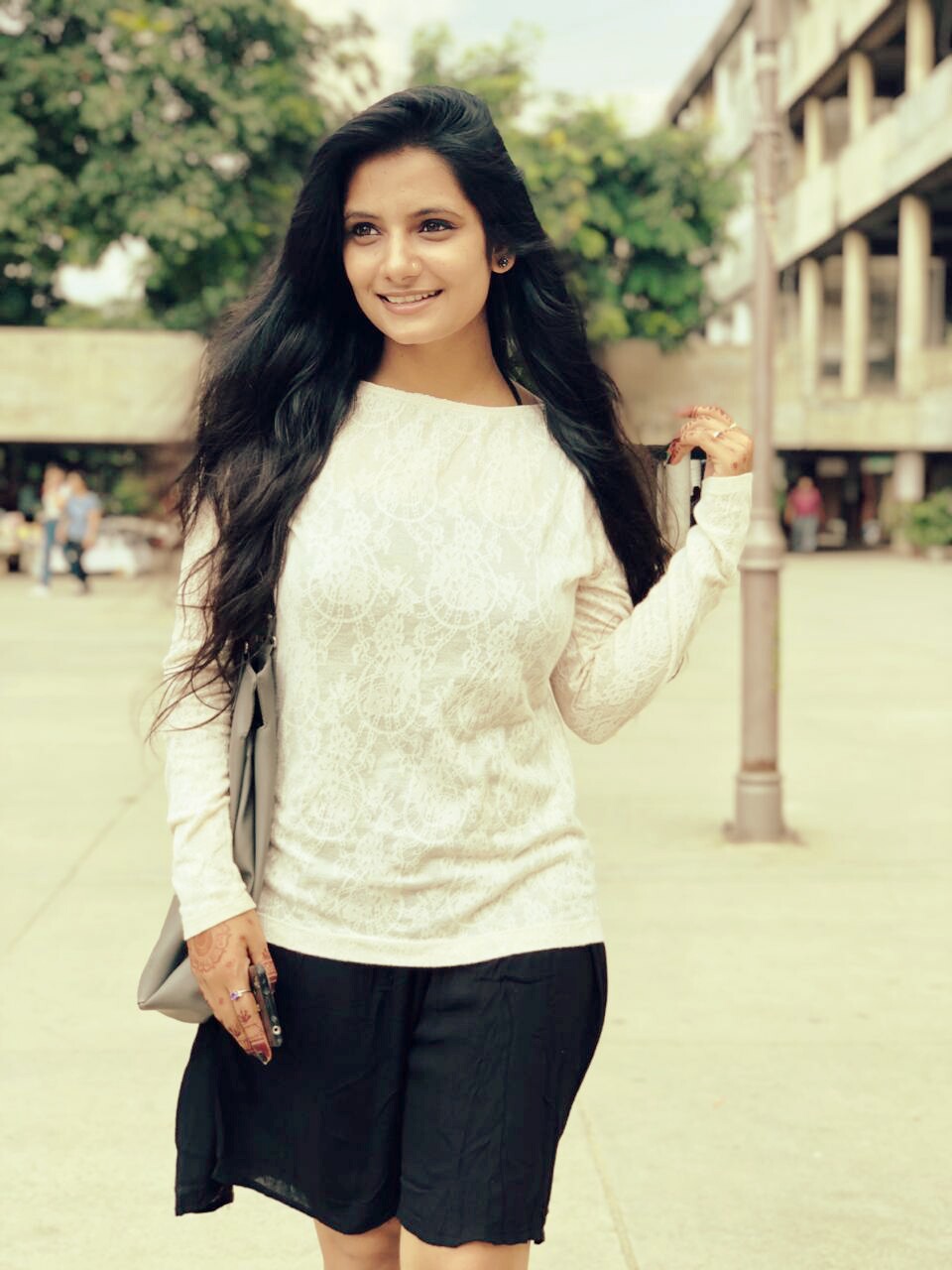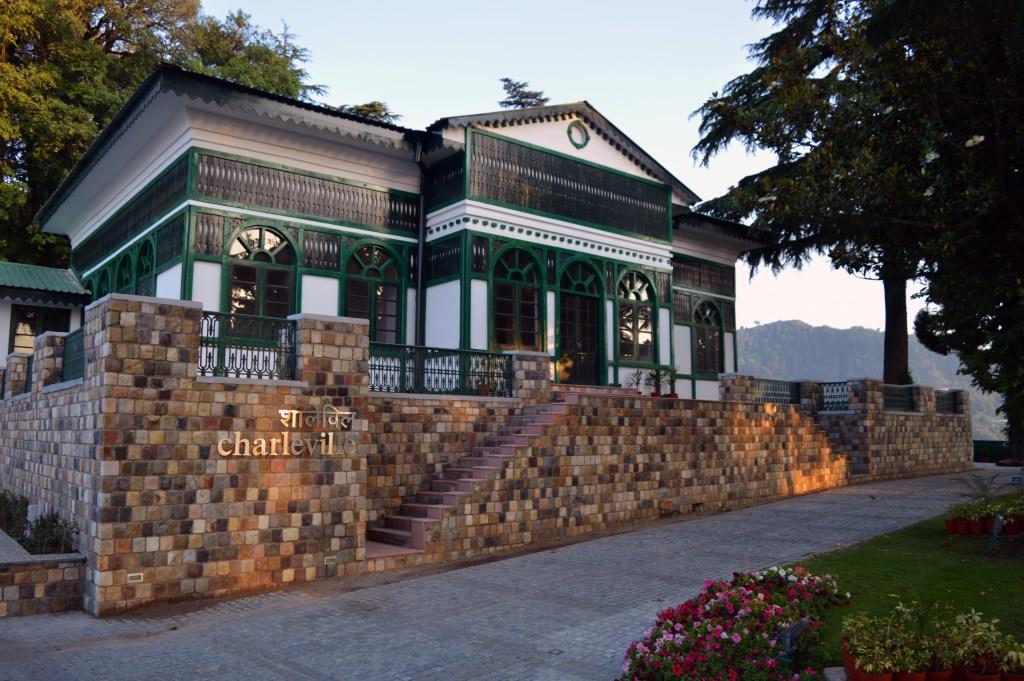Do you think that the Committee for Reforms in Criminal Law locks subjugated groups out of the consultation process? Comment (200 Words)
Refer - The Hindu
Enrich the answer from other sources, if the question demands.

IAS Parliament 4 years
KEY POINTS
· The Ministry of Home Affairs (MHA) constituted the Committee for Reforms in Criminal Law to undo the “colonial foundations of our criminal law”. The precise mandate of the Committee has not been put into the public domain, but it is apparent that the Committee aims to recommend an overhaul of the Indian criminal justice system.
· If the aim is to decolonise the law, by disabling democratic deliberation, the Committee has set itself up for failure from its very inception.
· The pandemic has wrought havoc on people’s lives and livelihoods. With several marginalised groups struggling to secure even rudimentary healthcare, education and employment, it is inconceivable that they could participate meaningfully in a reform exercise of this scale at this moment in time.
· Finally, there appears to be no representation on the Committee from subaltern caste, gender, sexual, or religious groups. As far as we can tell, there is no representation from working class or disabled communities.
· Oppressed communities across India are over-policed and under-protected. Religious minorities as well as the impoverished Dalit and Adivasi communities bear the brunt of criminal laws through police violence, long periods of undertrial detention, harsh punishments and poor legal representation.
· Women, transgender people, and sexual minorities, who overwhelmingly experience gender-based violence, are frequently let down by the criminal justice system. The Committee’s composition and operation render democratic participation from these groups impossible.
Deliberative democracy
· A deliberative vision of democracy requires that all members of society are able to participate in collective decision-making, and that decision-making takes place through reasoned deliberation. It recognises that participation in political processes is hindered by structural inequalities produced by interlocking systems of oppression, including caste, patriarchy, disablism and communalism.
· As a response to these hierarchies, deliberative democracy requires that everyone participates in decision-making by giving reasons for why they prefer a particular course of action. This reasoning must be made publicly available for others to contest. Where political decision-making takes place in an open and transparent manner, oppressed groups can influence it through the strength of their reasons.
· This can mitigate the extent to which a lack of economic, social or political power will otherwise compromise their participation. An inclusive, transparent and meaningful public consultation process for law-making is one practical way to implement a deliberative version of democracy.

Geetu 4 years
prelims test series are not working properly. Repeatedly, it shows the same score and for reviewing over there, It is asking me to login first when I am already logged in. Please see to it.

K. V. A 4 years
Pls review

IAS Parliament 4 years
Good attempt. Keep Writing.
Cibi Siddharth 4 years
Pls review sir/madam
Pls give some suggestions about structure of answer

IAS Parliament 4 years
Good attempt. Keep Writing.
Structure is good.
emily 4 years
kindly review it sir

IAS Parliament 4 years
Try to underline key points. Keep Writing.